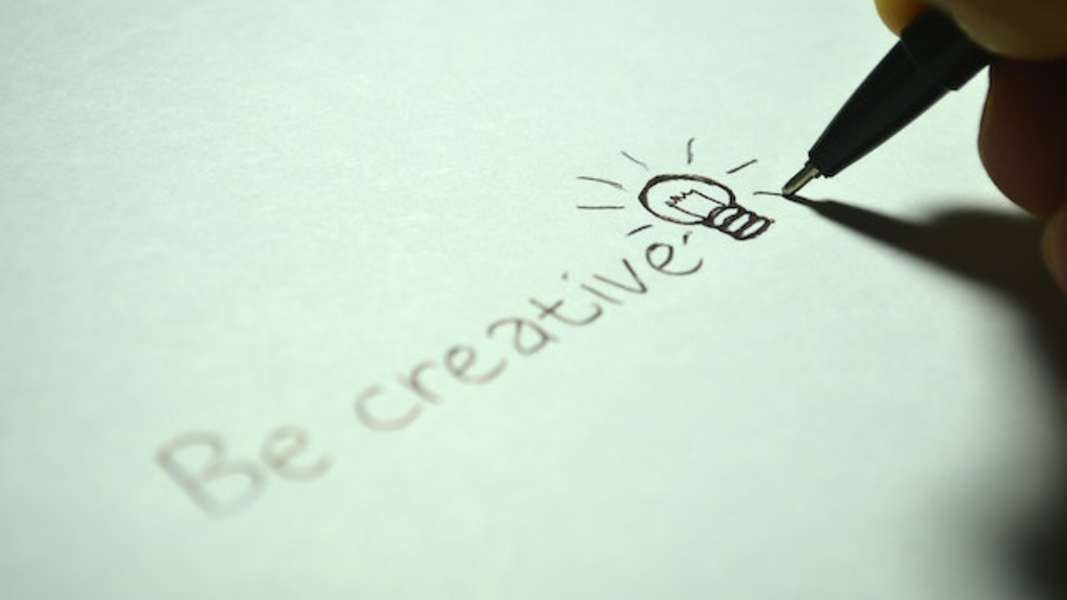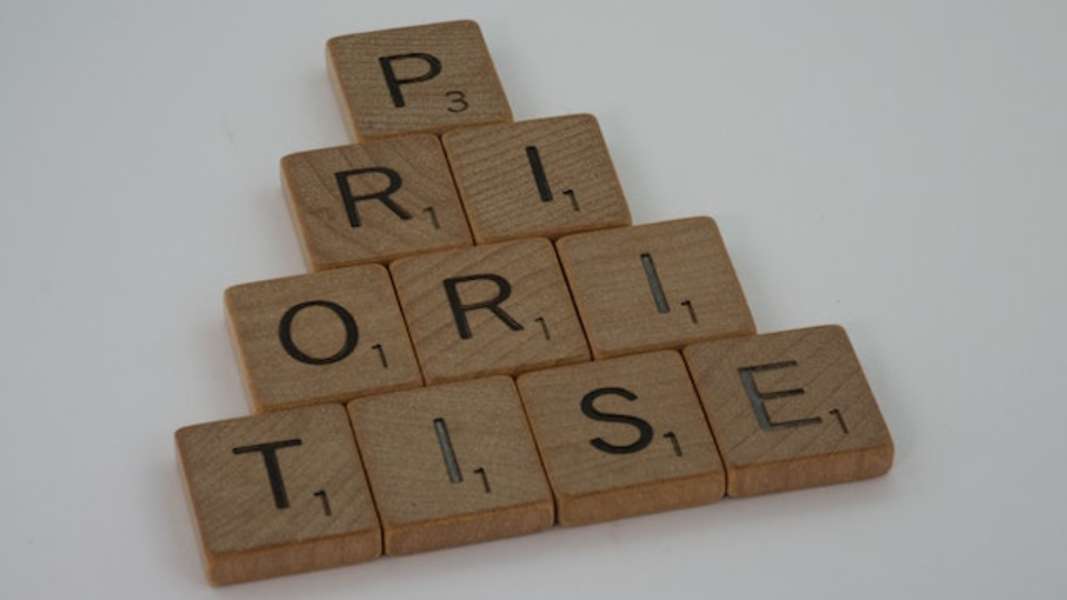
Best Cognitive Ability Interview Questions To Ask A Candidate
May 16, 2023

In this blog, we'll explore some of the best cognitive ability interview questions to ask a candidate to help you find the right candidate for the role.
These questions will help you dig deeper into a candidate's thought processes, problem-solving approaches, and analytical capabilities.
1. Can you describe a time when you had to solve a complex problem at work?
Complex problems often require a strong analytical mindset. The way a candidate describes the problem and their approach to resolving it can provide insights into their analytical thinking skills. They should demonstrate their ability to break down a problem, identify key components, and evaluate different solutions.
2. How do you go about learning something new in your work?
As businesses evolve and job roles change, learning agility is becoming a critical skill.
If a candidate is regularly learning new things in their role, it shows they take initiative and are proactive. It implies they're not waiting to be told to learn new things, but are continually seeking to expand their knowledge and skills.
3. Describe a time when you had to analyze detailed data to make a decision. How did you ensure the accuracy of your decision?
This question allows you to gauge the candidate's attention to detail. Analyzing detailed data necessitates a meticulous approach, as even the slightest oversight can lead to erroneous conclusions.
By asking about how they ensured the accuracy of their decision, interviewers can evaluate the candidate's ability to identify potential errors or inconsistencies and take appropriate measures to mitigate them.
4. Can you describe a situation where you had to make a decision without having all the information you needed?
Candidates who can navigate through uncertain situations demonstrate resilience and adaptability. Their answer to this question will reveal their comfort level with ambiguity, their willingness to take calculated risks, and their ability to remain composed and make decisions under pressure.
5. Tell me about a time when you had to think creatively to solve a problem at work. What was the outcome?
By asking candidates to describe a specific situation where they had to think creatively, you can assess their capacity to approach challenges from unique perspectives, generate unconventional ideas, and develop effective problem-solving strategies.
Furthermore, this question provides insights into a candidate's resilience and perseverance. Creative problem-solving can be a challenging process that requires determination and the ability to overcome obstacles. The candidate's response will reveal their ability to persist in the face of setbacks, learn from failures, and demonstrate a growth mindset.
6. Tell me about a time when you had to adapt your approach because your initial solution to a problem was not working.
The question assesses a candidate's flexibility and openness to feedback. Adapting one's approach often entails seeking feedback, considering alternative perspectives, and embracing new ideas.
A good answer will demonstrate the candidate’s ability to acknowledge the limitations of their initial solution, actively seek feedback, and demonstrate a willingness to learn and improve.
7. Describe a situation where you had to change your course of action at the last minute. How did you handle it?
Changing course at the last minute often requires rapid cognitive processing and the ability to assess new information or circumstances.
By asking candidates to describe a specific situation, interviewers can assess a candidate’s ability to analyze situations, identify challenges, and devise effective alternative strategies to achieve desired outcomes.
8. Have you ever had to persuade a colleague or a team to see things from your perspective?
This question provides insights into a candidate's adaptability and resilience. Persuading others may encounter resistance or obstacles, requiring individuals to adapt their approach and persevere.
A strong candidate will be able to provide examples of situations where they had to identify common ground, find mutually beneficial solutions, and negotiate effectively to reach a consensus.
9. Tell me about a time when you discovered a more efficient way to do a routine task.
Discovering a more efficient way to perform routine tasks requires the capacity to analyze existing processes, identify inefficiencies, and propose innovative solutions.
By asking candidates to share a specific example, you can assess their critical thinking skills, their ability to identify opportunities for improvement, and their capacity to find creative and practical solutions.
10. How do you go about prioritizing your tasks when everything seems to be a priority?
Prioritization requires the ability to analyze multiple tasks, assess their relative importance, and make informed decisions on how to allocate time and resources.
The candidate's response will provide insights into their ability to plan and organize their work, set realistic goals, and allocate time and resources appropriately to ensure timely completion of tasks.
11. Can you share a situation where your analytical skills led to a significant improvement in a task you were working on?
Analytical skills can lead to significant improvements by identifying inefficiencies or opportunities for optimization.
These questions can help you to evaluate how candidates extract insights from their analysis, propose innovative ideas, and drive positive change in their work.
12. Describe a time when you had to use your logical thinking skills to solve a problem or make a decision.
Logical thinking involves the ability to reason, analyze information, and draw conclusions based on evidence and facts.
By asking candidates to share a specific situation, you can assess their capacity to apply logical thinking in identifying cause-and-effect relationships and finding logical solutions based on sound reasoning.
13. When you are faced with multiple solutions to a problem, how do you decide the best course of action?
Assessing multiple solutions requires considering diverse viewpoints, anticipating potential challenges, and evaluating the associated risks.
The candidate's response will provide insights into their ability to think comprehensively, assess the potential consequences of each solution, and make decisions based on a holistic evaluation of the options.
14. Can you describe a time when you had to use your critical thinking skills under pressure?
This question evaluates a candidate's ability to think critically and make sound judgments in high-pressure situations.
Candidates need to demonstrate the ability to remain calm, assess the situation objectively, identify root causes, and generate innovative solutions under pressure.
15. Can you share an example of a difficult decision you had to make in your previous job?
Difficult decisions sometimes involve ethical dilemmas that require individuals to balance competing values and make choices aligned with their principles.
A strong candidate will demonstrate their ability to analyze ethical considerations, assess potential impacts, and make decisions that align with ethical standards.
Is there another way to evaluate cognitive abilities?
While interviews can provide valuable insights into a candidate's cognitive abilities, using psychometric assessments in conjunction with interviews leads to a comprehensive evaluation.
Psychometric assessments such as logical, abstract and verbal reasoning tests provide objective and standardized measures of cognitive abilities, allowing for an objective and consistent evaluation of candidates.
Sign up for a free trial to experience firsthand how our assessments can help you accurately assess cognitive abilities and make data-driven hiring decisions.
Boost your hiring power.
Start using Neuroworx today.
Talk is cheap. We offer a 14-day free trial so you can see our platform for yourselves.
Try for free




